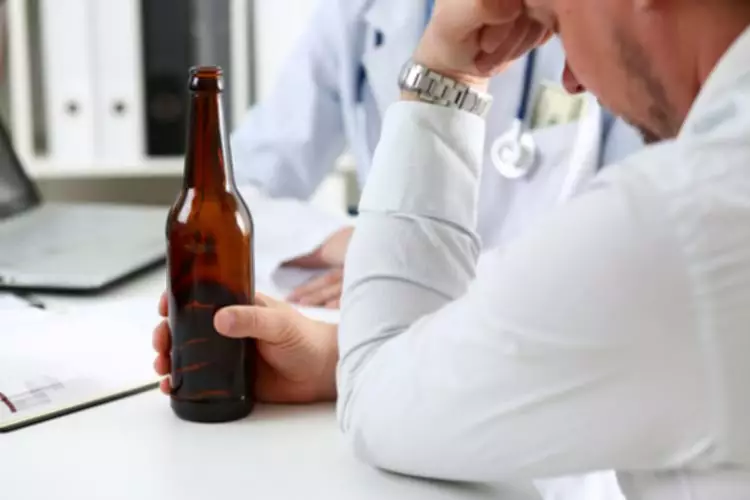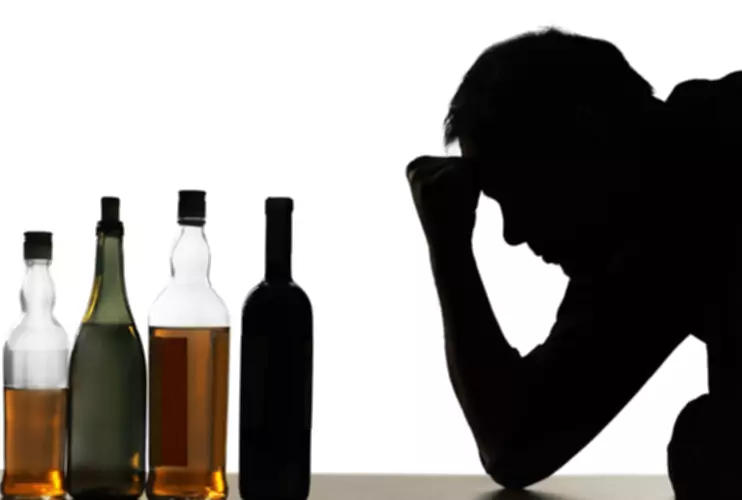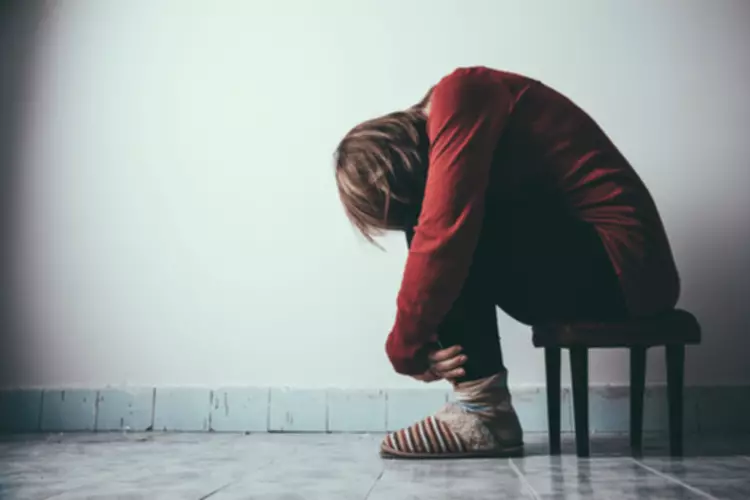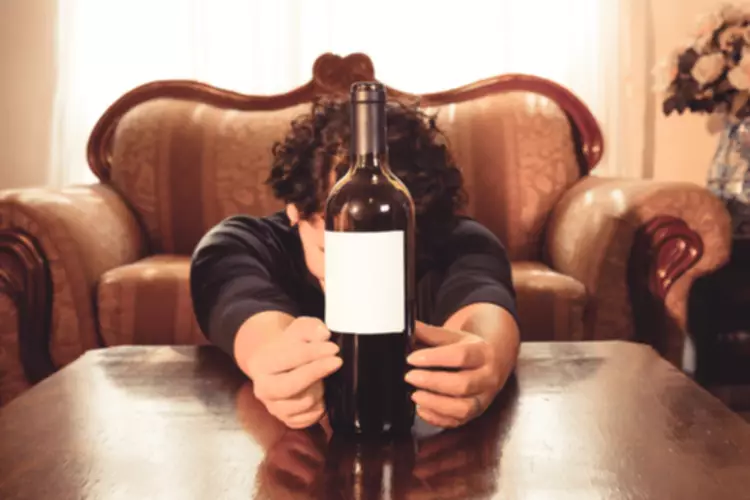Alcohol Relapse: What to do

Alcohol addiction and alcoholism do not just let go. It may seem to a person that, finally, he was able to take control of the wicked substance and became the master of the situation. Yet, after a few days or weeks, the craving for alcohol returns, and the addict cannot refuse a tempting offer to sit in a bar or visit a friend’s party where he will inevitably face alcohol.
The condition when, after decisive abstinence, the addict drinks heavily again is called a relapse. It can occur both after independent refusal from alcohol, and after alcoholism treatment, especially if a person has not undergone long-term rehabilitation.
In this regard, the former alcoholic himself and the people who form his environment must remember that the relapse of this disease, like other chronic diseases, never occurs spontaneously, it is always due to specific reasons that can usually be prevented.
What percent of alcoholics relapse after rehab? Alcoholism relapse rates are relatively high, especially during the first year. According to an Alcoholics Anonymous survey results, the alcoholism relapse rate within the first year of recovery is 75% and after 5 years, it drops to 7%.

What can provoke alcoholic relapse?
Some of the reasons that can trigger a relapse in addicts include:
- Withdrawal symptoms or incomplete treatment. One of the most common causes of alcoholic relapse. When the person assures himself and his loved ones that he is absolutely healthy, but deep down he is waiting for the moment when he can return to his addiction.
- A powerful emotional outburst and/or overwork can lead to a relapse in addicted people. Any conflict provokes an outburst of emotions that cause discomfort with subsequent emotional exhaustion. At the same time, a person wants to experience the joy and euphoria that alcohol gave him.
- Low self-esteem, lack of independence with inappropriate motivation. Control by loved ones and distrust towards the addict with low self-esteem and self-doubt can lead to a relapse of addiction.
- Idleness, laziness. After undergoing a course of treatment, many people get free time, former acquaintances disappear, their circle of friends changes. Often a person simply does not know what to do with this free time.
- Wrong choice of clinic and treatment program. Due to the high growth of drug addiction and alcoholism, dozens of clinics and dubious institutions have appeared from nowhere. All of them promise a quick recovery, but not all clinics have qualified specialists who can actually help.
- Return to the previous social circle in which one began to use and abuse alcohol. It is not always possible after a course of treatment to completely change the social circle that caused the disease. Sometimes one such interaction can make a recovering addict start drinking again.


Take back control of your life and start on the road to recovery now.
How to anticipate a relapse?
Addiction relapse does not happen overnight. This is a process with certain prerequisites and symptoms. The most significant factors in the formation of stable remission from alcohol dependence are:
- The patient’s desire to recover. This factor plays a critical role in overcoming the disease. The course of the entire rehabilitation process will depend on how strong this desire is.
- Awareness of the disease itself and its consequences. Patients often underestimate the severity of their condition, possible complications and consequences. A correct and informed understanding of the diagnosis plays a role in the formation of the right motivation.
- Duration of treatment and rehabilitation program. In a good clinic, they know that removing physical addiction is half the battle. Psychological rehabilitation of a drug addict and treatment can take months or even years. The longer it takes to consolidate a positive result, the lower the probability of failure.
- Support of loved ones and the positive influence of society. This point, along with the patient’s desire, is perhaps the most important. The recovering alcoholic will be rebuilding his life. A new circle of friends, a new job, other hobbies and interests. Only the circle of close and loving people will remain the same.
What to do to prevent a relapse?
If your loved one was addicted to alcohol, then you need:
- Reduce conflicts and stress. The family should have a warm and comfortable atmosphere of trust. Do not bring up the past and better focus on the present and the future.
- Notice every new victory and every step towards recovery. Mutual help, hobbies, new jobs – all of this should not be ignored.
- Always share your feelings. Good or bad – it doesn’t matter. The main thing is to show that they do not have to keep everything to themselves.
- Help your loved one find something to do that will bring pleasure. This can be creative activities, walks, travel, rehabilitation meeting for other addicts.
- If necessary, do not be afraid to ask for help. Be honest with your own abilities to deal with this matter and do not be afraid to ask for support.
- Programs that involve relatives and friends during the rehabilitation process are also very helpful. Practice shows that after completing such programs, the family treats the patient with more respect and has more tools and resources to help the recovering individual.


This can be a difficult journey, but you don’t have to go it alone. Let us be your guide and provide you the environment needed to regain control of your life and begin the path to recovery.
What to do if a relapse occurs?
If you see symptoms of relapse in an addict, if a loved one begins to abuse again, it is advisable to find out what was the cause of the relapse to solve this problem. Talk honestly and openly with your loved ones. Remind about the path traveled so far, the efforts spent on recovery.
Contact a qualified clinic or rehabilitation center where there specialists who can help both with the physical and emotional side of the addiction. If the reason for the relapse was inadequate treatment, it is worth contacting another specialist. Alcoholic relapse is not a life sentence. Many have to go through this, often more than once, before staying sober for the rest of their life. The main thing is not to give up.




